Choosing the right material for gas pipes is important for safety, durability, and compliance. The two most commonly used gas pipes are galvanized steel pipes and black steel pipes. Although they are both made of carbon steel, they have different performance and uses due to different surface treatments.This article will show you the difference between black steel pipes and galvanized steel pipes, which one is more suitable for use in gas systems, and what precautions should be taken when installing in homes or commercial places to make gas pipes safer and more reliable.
Why Galvanized Pipe Should Not Be Used for Gas Lines?
Although galvanized pipes are effective at preventing corrosion in water systems, they are not ideal for gas lines. The main issue lies in the zinc coating, which can degrade over time when exposed to gas. As the zinc flakes off, it can cause several problems:
Blockages in valves, regulators, or burners
Reduced gas flow or inconsistent pressure
Damage to gas appliances
Increased risk of leaks or combustion issues
Because of these risks, most local and national plumbing and fuel gas codes prohibit the use of galvanized pipe in new gas line installations.
Advantages of Using Black Steel Pipe for Gas Systems
Black steel pipe is the industry standard for transporting natural gas and propane in both residential and commercial systems. It is made of carbon steel and lacks any external coating, which eliminates the risk of internal flaking or debris. This makes it inherently safer for handling gas. Black steel is strong, durable, and capable of withstanding high pressure. It is also more heat-resistant than galvanized pipe, making it a suitable choice for fire sprinkler systems in addition to gas lines. Because it is not coated, black steel pipe is generally more affordable than galvanized pipe. It is easier to thread and connect during installation, which makes it a cost-effective option for contractors. Most importantly, it complies with the National Fuel Gas Code (NFPA 54) and is approved by most local jurisdictions for gas systems. These characteristics make black steel the preferred and trusted material for gas line installations.
Can You Mix Galvanized and Black Steel Pipe?
In some older buildings, you may find a combination of galvanized and black steel pipes. While this may not always be a code violation, mixing these two metals is generally not recommended due to the potential for galvanic corrosion. When different metals are connected, they can react with each other, especially in the presence of moisture, accelerating rust and reducing the pipe’s lifespan.
If mixing is unavoidable, a dielectric union should be used to separate the metals and prevent corrosion. However, it’s always best to check with your local building inspector or plumbing authority before combining materials.
What Is the Difference Between Galvanized and Black Steel?
Galvanized and black steel are both types of carbon steel, but they differ in their coatings and uses:
Galvanized Steel: Coated with a layer of zinc to protect against corrosion, primarily used in water pipes and outdoor structures.
Black Steel: Has no coating, giving it a black appearance, and is typically used for gas and fire sprinkler systems.
While galvanized steel is good for water systems, it’s not ideal for gas due to the potential for the zinc coating to deteriorate and affect the flow of gas. Black steel, on the other hand, is the preferred material for gas lines due to its strength and reliability.
Which Type of Pipe Cannot Be Used for Gas?
Certain types of pipes should not be used for gas installations due to safety and performance concerns. These include:
PVC Pipes: Not suitable for gas systems as they can easily crack under pressure and may emit harmful fumes when exposed to heat.
Copper Pipes: Copper can corrode over time when exposed to gas, particularly with natural gas, and can weaken the pipe.
Galvanized Steel: As mentioned, the zinc coating can flake off and cause blockages or leaks in the gas line.
It’s essential to select materials that are designed specifically for gas lines, such as black steel or certain flexible stainless steel tubing.
Best Pipe for Natural Gas
The best pipe for natural gas is typically black steel. Black steel pipes are strong, durable, and resistant to the corrosion issues that galvanized pipes face. They are capable of handling the pressures and conditions that come with natural gas distribution. For underground installations, ensure that the pipes are coated or shielded from corrosion.
In some cases, flexible stainless steel tubing (CSST) can also be used for natural gas lines. This type of pipe is flexible, easy to install, and can be a great option for both residential and commercial gas systems. However, it should be installed by a certified professional to ensure compliance with safety regulations.








 English
English Español
Español بالعربية
بالعربية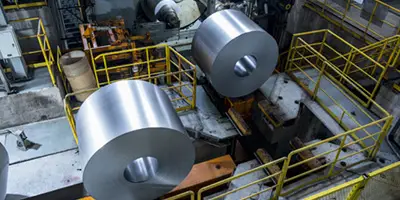

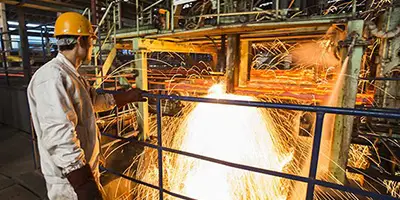
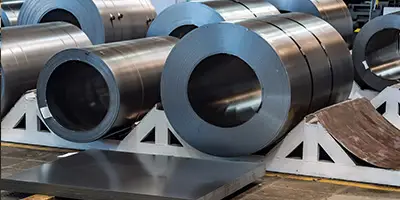

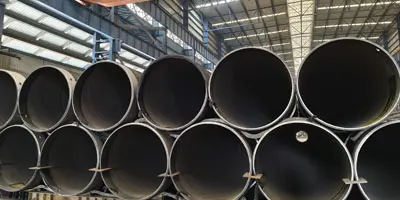
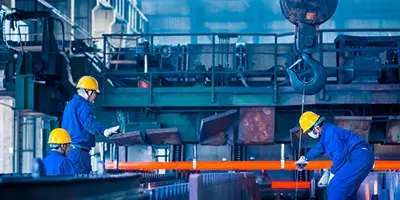
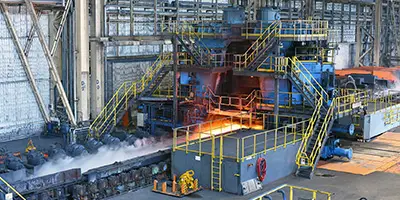
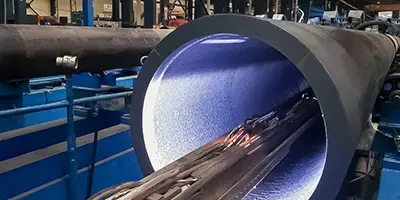
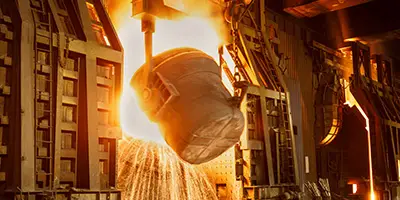
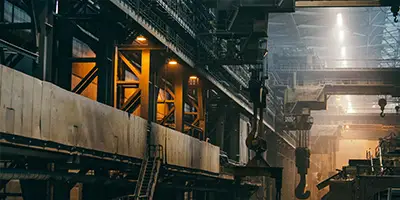
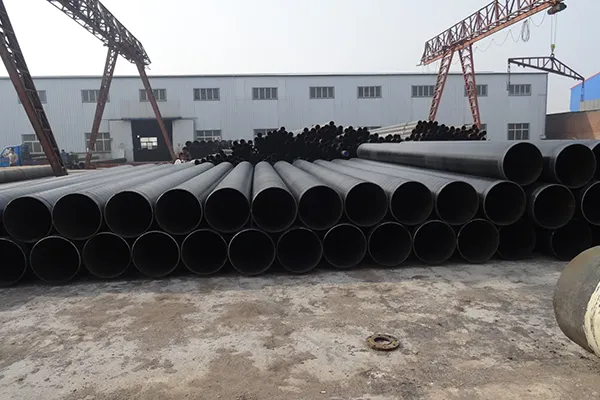
 Phone :
Phone :  Whatsapp :
Whatsapp :  Email :
Email : 


